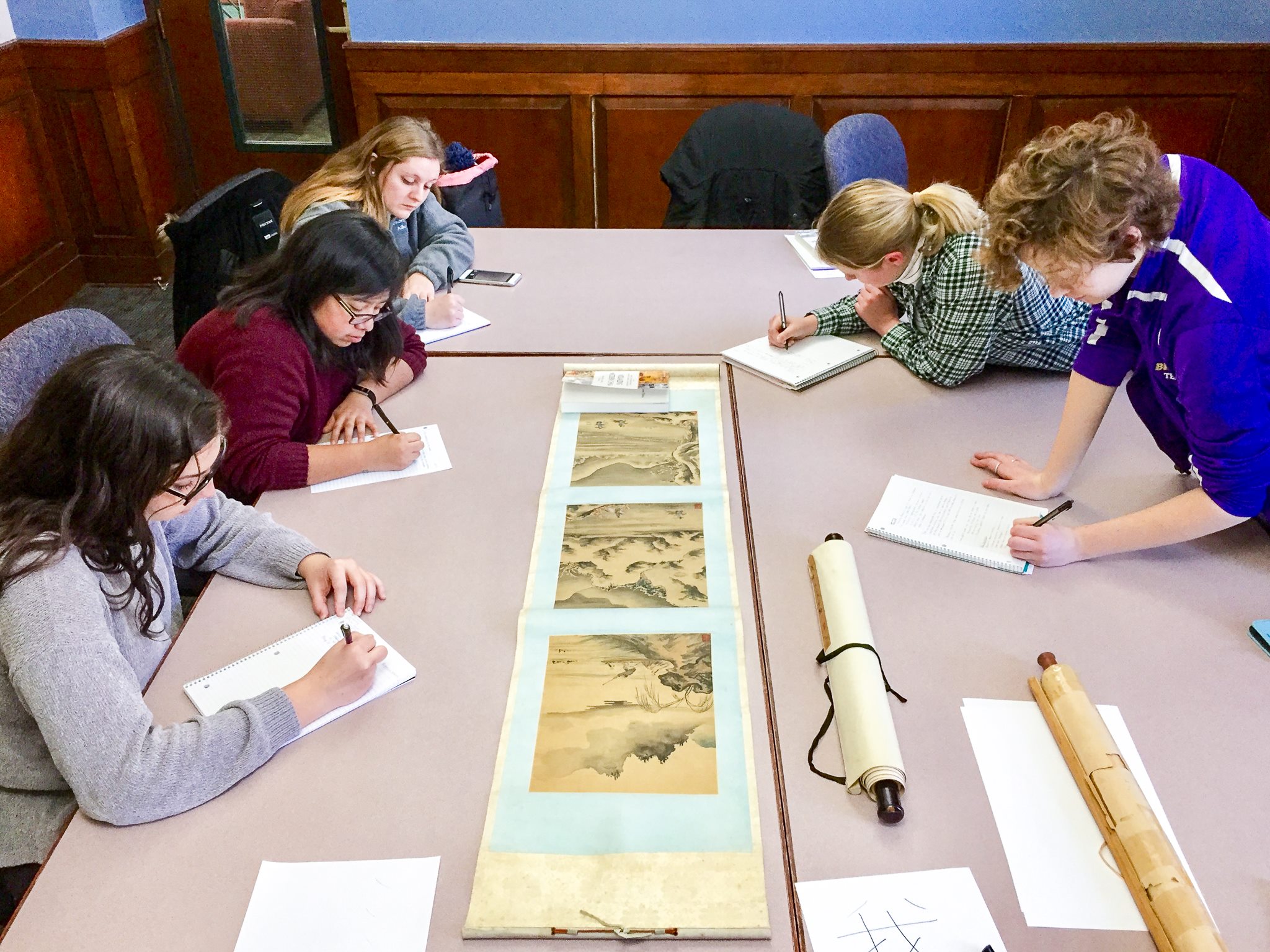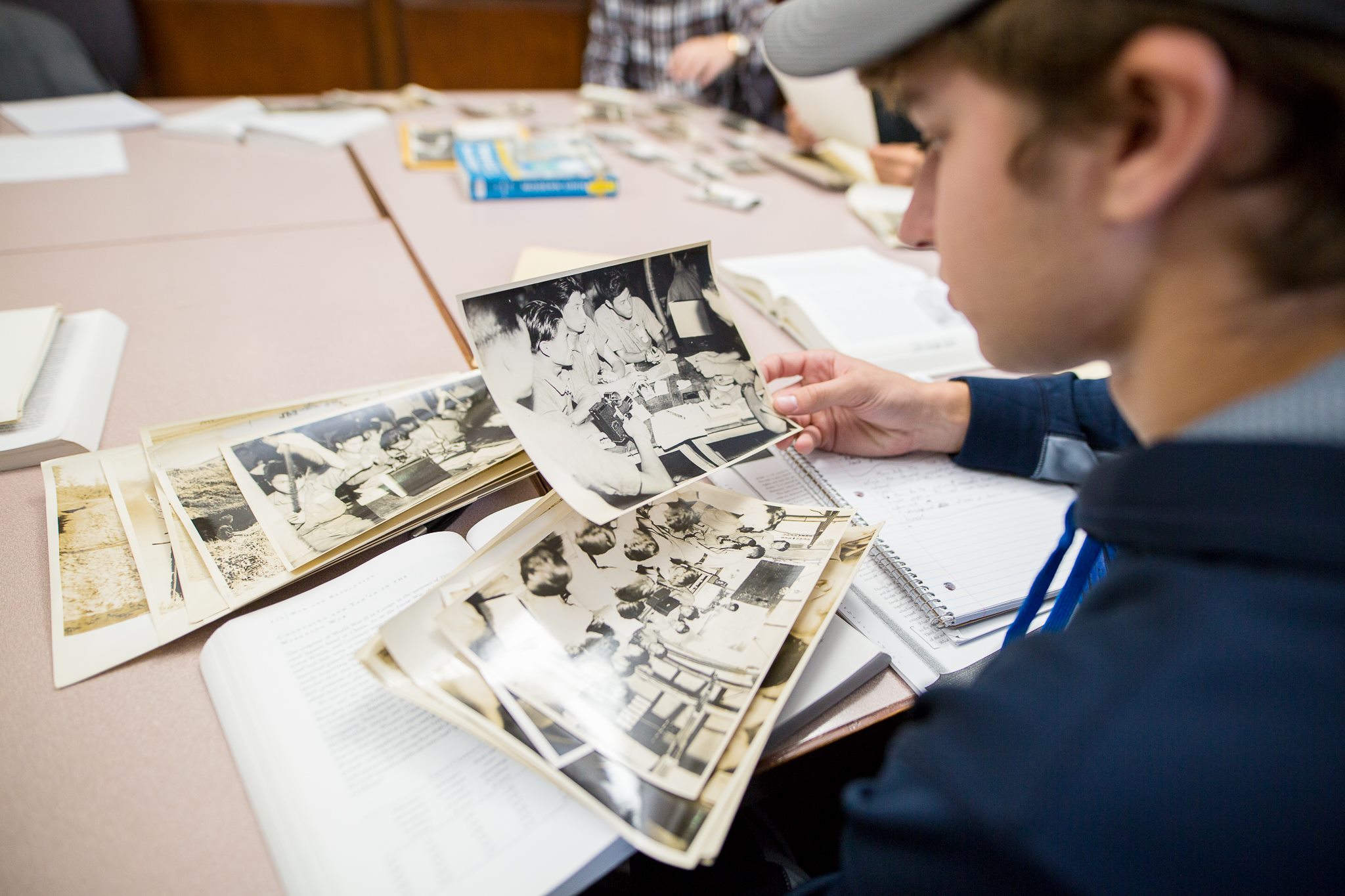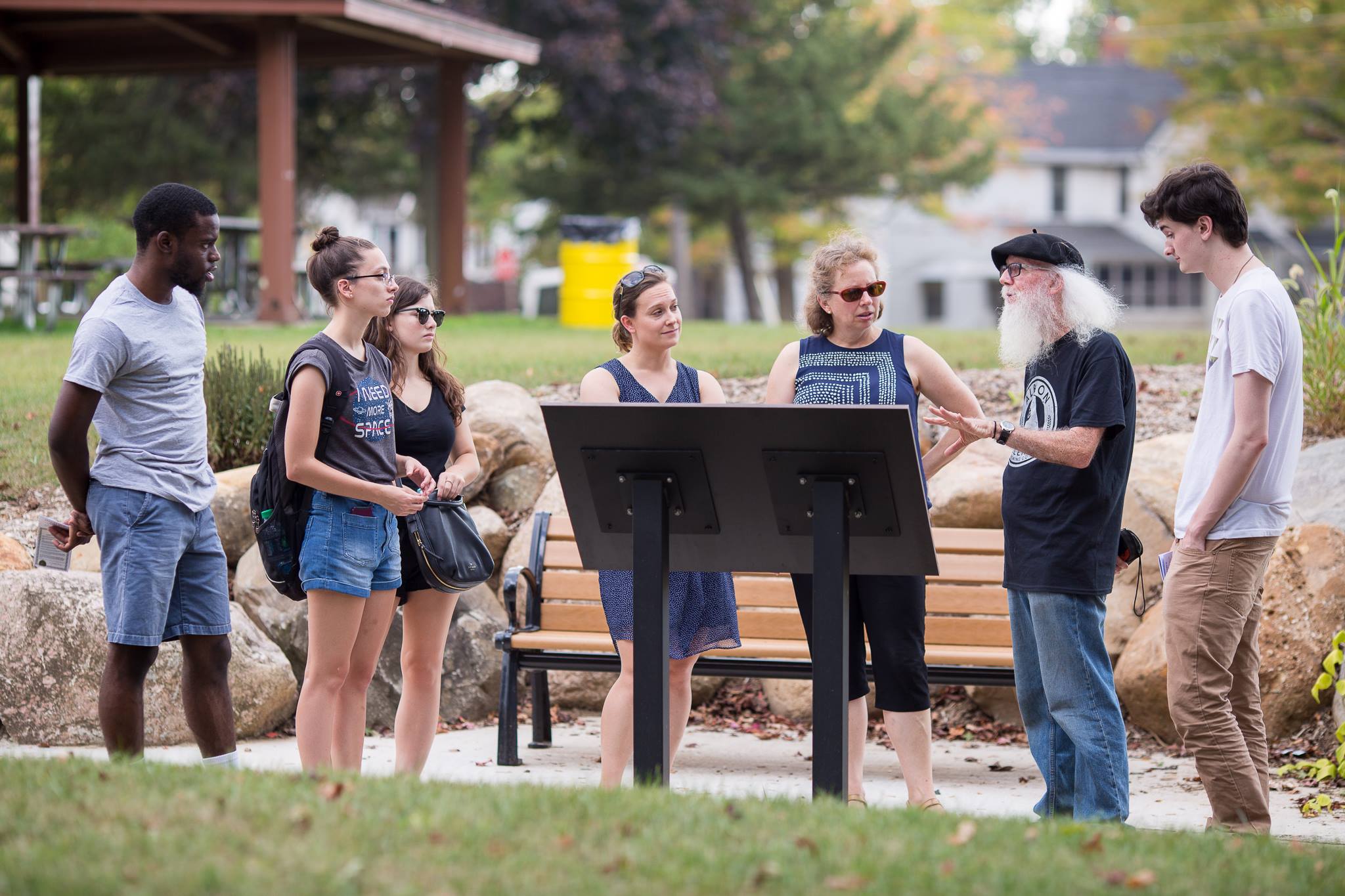Program Introduction
How did people live in the past? What forces and factors shaped their lives? How did their choices shape the world we live in today? Historians are always asking these questions.
The History Department at Albion College seeks to foster creative and analytical thinkers who are interested in questions of how human societies change over time.
History students learn to discern the institutional, ideological, and material conditions that shape the ways in which people interact with one another, whether in the context of a given society or across societies. They learn that prevailing historical explanations are themselves subject to questioning and refashioning, and they become aware of how different explanations influence present-day perceptions.
By analyzing primary and secondary sources and by communicating the results of their analysis in compelling, cogent prose, students also learn to become active participants in the writing and critiquing of history itself.







